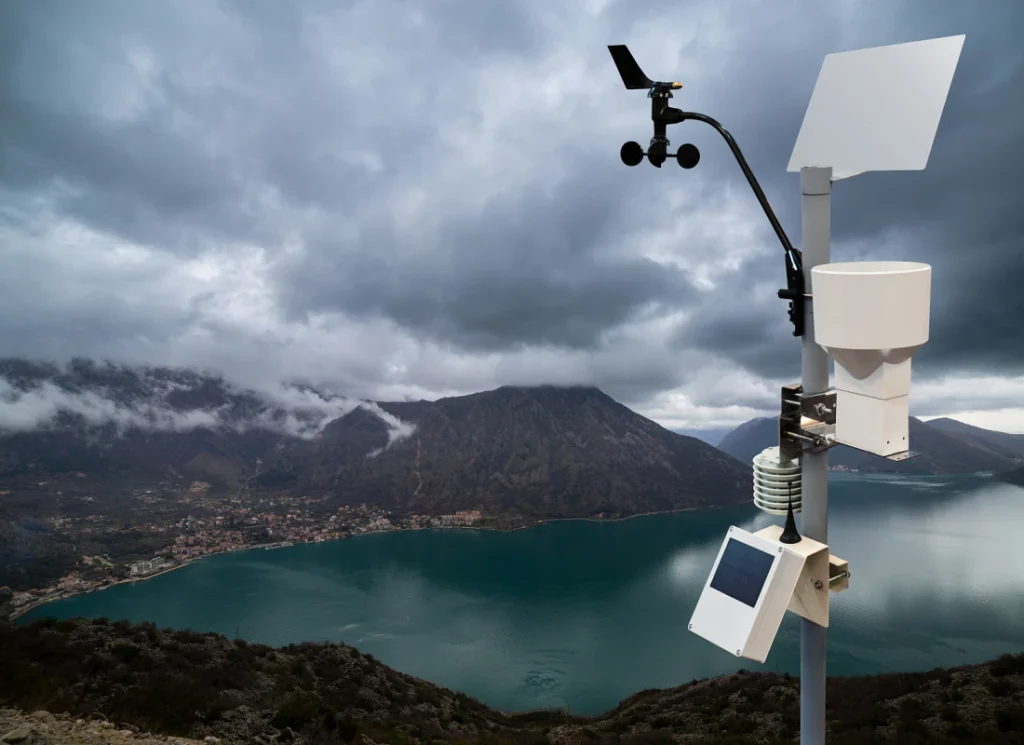Rainwater Sensor: A Smart Solution for Water Conservation

html
Rainwater Sensor: A Smart Solution for Water Conservation
Water scarcity is a growing concern worldwide, and innovative solutions are needed to optimize water usage. One such solution is the rainwater sensor, a smart device designed to detect rainfall and adjust irrigation systems accordingly. By leveraging technology, rainwater sensors help conserve water while maintaining healthy landscapes.
How Does a Rainwater Sensor Work?
A rainwater sensor is typically installed in an open area where it can accurately measure precipitation. It uses various mechanisms, such as moisture-sensitive discs or electronic detection, to determine when rain is falling. Once rainfall is detected, the sensor sends a signal to the irrigation controller, temporarily shutting off the sprinkler system to prevent overwatering.
Benefits of Using a Rainwater Sensor
Integrating a rainwater sensor into your irrigation system offers several advantages:
- Water Conservation: Reduces unnecessary watering by utilizing natural rainfall.
- Cost Savings: Lowers water bills by minimizing wasted water.
- Environmental Protection: Prevents runoff and soil erosion caused by excessive irrigation.
- Plant Health: Avoids overwatering, which can lead to root rot and other plant diseases.
Types of Rainwater Sensors
There are several types of rainwater sensors available, each with its own working principle:
- Mechanical Sensors: Use expanding discs that swell when wet, triggering a switch to interrupt the irrigation cycle.
- Electronic Sensors: Utilize conductivity or capacitance to detect moisture and send an electronic signal to the controller.
- Wireless Sensors: Transmit data to the irrigation system without physical wiring, offering flexibility in placement.
Installation and Maintenance Tips
To ensure optimal performance of your rainwater sensor, follow these guidelines:
- Install the sensor in an open area where it can receive unobstructed rainfall.
- Clean the sensor periodically to remove debris that may affect its accuracy.
- Test the sensor regularly by simulating rainfall with a spray bottle.
- Adjust sensitivity settings based on local weather patterns.
Conclusion
The rainwater sensor is a simple yet effective tool for promoting water conservation. By integrating this technology into irrigation systems, homeowners and businesses can significantly reduce water waste while maintaining lush, healthy landscapes. As water becomes an increasingly precious resource, adopting smart solutions like rainwater sensors will play a crucial role in sustainable water management.
Keyword: rainwater sensor